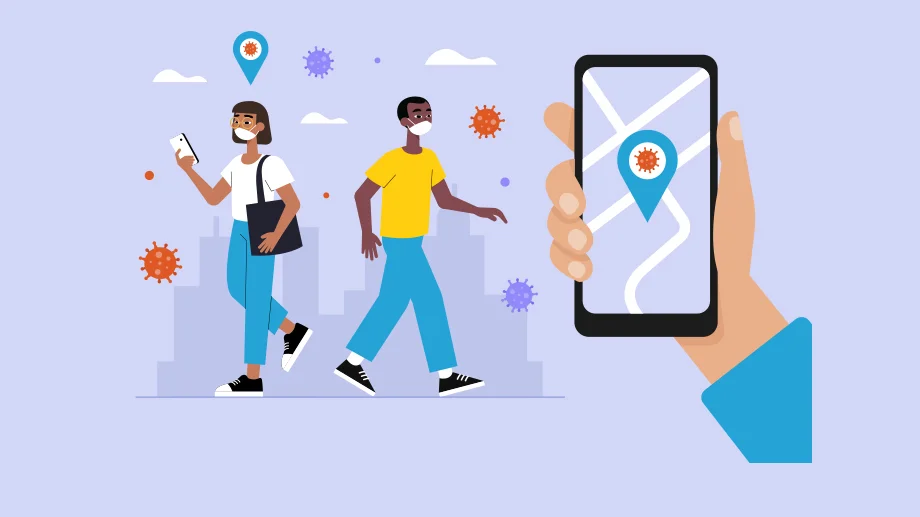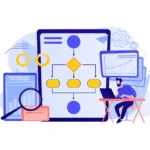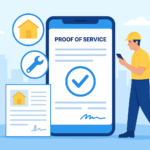This Coronavirus outbreak is impacting businesses in ways that we never thought possible. Did you ever think how your company would function if all your employees worked from home for days or weeks? While field service businesses have been dealing with remote workers as part of their field operations, this is the first time that other businesses have had to contend with remote employees.
So what are some of the best practices in working with a remote and distributed workforce? Most of them are related to verification, safety and compliance reporting.
- Verification – is the employee working at the proper job site at the right time?
- Safety – is the employee safe at the job site and is there a way for the employee to easily share information in case there is an emergency situation?
- Compliance – has the employee completed the required work, and logged it for required compliance reporting and company needs?
There are standards and laws such as EVV (Electronic Visit Verification) for homecare services under medicaid and OSHA regulations for worker safety that can provide us some insights into the kinds of issues that businesses must address.
With respect to verification and safety monitoring, there some basic capabilities that businesses need to be able to monitor and validate that employees are safe:
- A communication channel between field or home and headquarters
- Ability to share location information with headquarters
- Tracking mileage and other costs if employee needs to travel to jobsite
- Generating reports for documentation and audit
- Setting up a safety monitoring workflow
- Have a real-time broadcast/alerts channel for one-to-one or one-to-many
Here are some specific ways that safety monitoring can be addressed:
- An employee in distress can push the SOS button on an app or simply hit the phone’s ‘power’ button to trigger an SOS alarm.
- Set up periodic safety monitoring workflows to detect any threats. Support for multi-level threat validation and escalation (including dial-up to nearest 911) can address safety.
- A visual command-&-control dashboard available via the web or a mobile app that enables headquarters to view real-time location, and status of employees on a map.
Most large companies have several workflows set up to deal with contingencies or other situations that might arise. To incorporate additional verification and safety monitoring into their workflows, they need to be able to customize solutions to fit their requirements. Some examples of customization includes setting up custom criteria and rules to validate threats before escalation and customizing the workflow to fit their existing security protocol.
In order to respect privacy concerns during verification and monitoring, location and other information from remote employees needs to be protected and shared in a manner where that data is only accessible to certain people in the organization. The monitoring also needs to be limited to work hours and should avoid tracking during lunch hours or after work for example.
When monitoring remote employees, you cannot afford to lose touch with your field employees if your service is down for some reason. Therefore, having a high uptime of 99.99% or more is critical and ensures that your field operation has uninterrupted access to the service at all times.
These learnings around verification, safety and privacy helps you get a sense for the kinds of issues that businesses need to think about in this new age of remote and distributed workforces. The Coronavirus merely accelerates this trend. Businesses should use this period as motivation to put in place mechanisms to effectively manage their remote and distributed workforce.
About allGeo
allGeo helps SMBs and Enterprise businesses better manage mobile workforce and field operations with tools such as real-time location, GPS time and attendance, geofence visit logs, Lone worker safety, Mobile forms and more! All the tools can be highly customized to fit each use case. The platform features powerful rules engine and integrates with popular back-end CRM, HRMS, and Payroll systems to automate day-to-day operations.
allGeo serves customers from a wide range of industry including field service management, trade services, emergency responders, sales reps, transportation & logistics, oil & gas, home health care providers. These customers do report improvement in productivity and savings in payroll.



